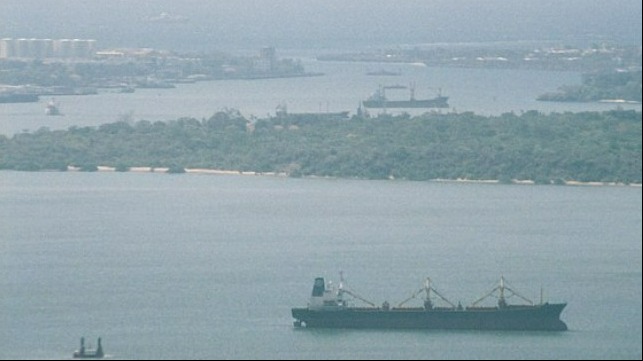Plans for Second Grain Terminal at Mombasa Port Halted

Kenya’s plans to promote competition by liberalizing bulk grain handling operations at the port of Mombasa have run into headwinds after courts halted a process to license a second company to build and operate a new terminal.
Kenya's High Court has decided to stop the Kenya Ports Authority (KPA) from awarding a license to Portside Freight Terminals Limited for the development of a second grain bulk handling facility. In stopping the process, the court argued that KPA and the National Treasury failed to adhere to a fair, open and transparent tendering process in awarding the license to Portside.
“It is evidently clear that KPA and National Treasury Cabinet Secretary Ukur Yatani have employed the use of specially permitted procurement procedure to avoid the competition of bidder and is being applied in favour of Portside,” said High Court Judge Reuben Nyakundi.
The halting of the process is a major blow to KPA, which is grappling with significant pressure - including from Kenya's parliament - to end a monopoly held by Grain Bulk Handling Limited (GBHL) at the port. GBHL is the exclusive operator of berths 3 and 4 at the port and is required to pay KPA a fixed fee of $5,000 per annum, paid yearly in advance.
The company has been minting money at the port, considering it pays KPA $3.85 per ton but charges its clients $13.50 per ton in bag and $16.50 per ton in bulk for commodities handled at the facility, mainly grains and fertilizer.
The Kenyan Parliament’s Finance Committee has undertaken an investigation on grain handling at the Mombasa port and established that for two decades, GBHL has operated almost 98 percent of grain bulk services and is facing operational challenges due to an exponential growth of grain imports. The increase in imports is being driven by millers and traders for local and regional markets, along with relief agencies, which use the port of Mombasa to bring in relief food for several eastern and central Africa nations that face food insecurity.
The committee also unearthed inefficiencies at the two terminals due to a tremendous increase in size and carrying capacity of vessels, which contributes to perennial congestion at the port. The ripple effects include substantial demurrage charges for shippers.
“This enormous increase in the volume of cargo has emphasized the need for faster and more efficient handling and storage operations to exploit economies of scale,” said the committee in its report.
During the period from 2015 to 2020, grain handled by GBHL at the port of Mombasa amounted to 14.4 million tons at an annual average of 2.4 million tons. The number of vessels that called at the grain handling terminals stood at 513.

that matters most
Get the latest maritime news delivered to your inbox daily.
“It is because of these large amounts of grain imports that there should be more grain handling companies at the port of Mombasa because having one handler has led to delays in clearance of cereals and payment of high demurrage charges by clients,” said the Cereal Millers Association.
KPA contends that a second bulk grain handling facility is required by 2023. According to the port's master plan, a new bulk grain berth should be developed at Dongo Kundu or at the newly commissioned Lamu port.
